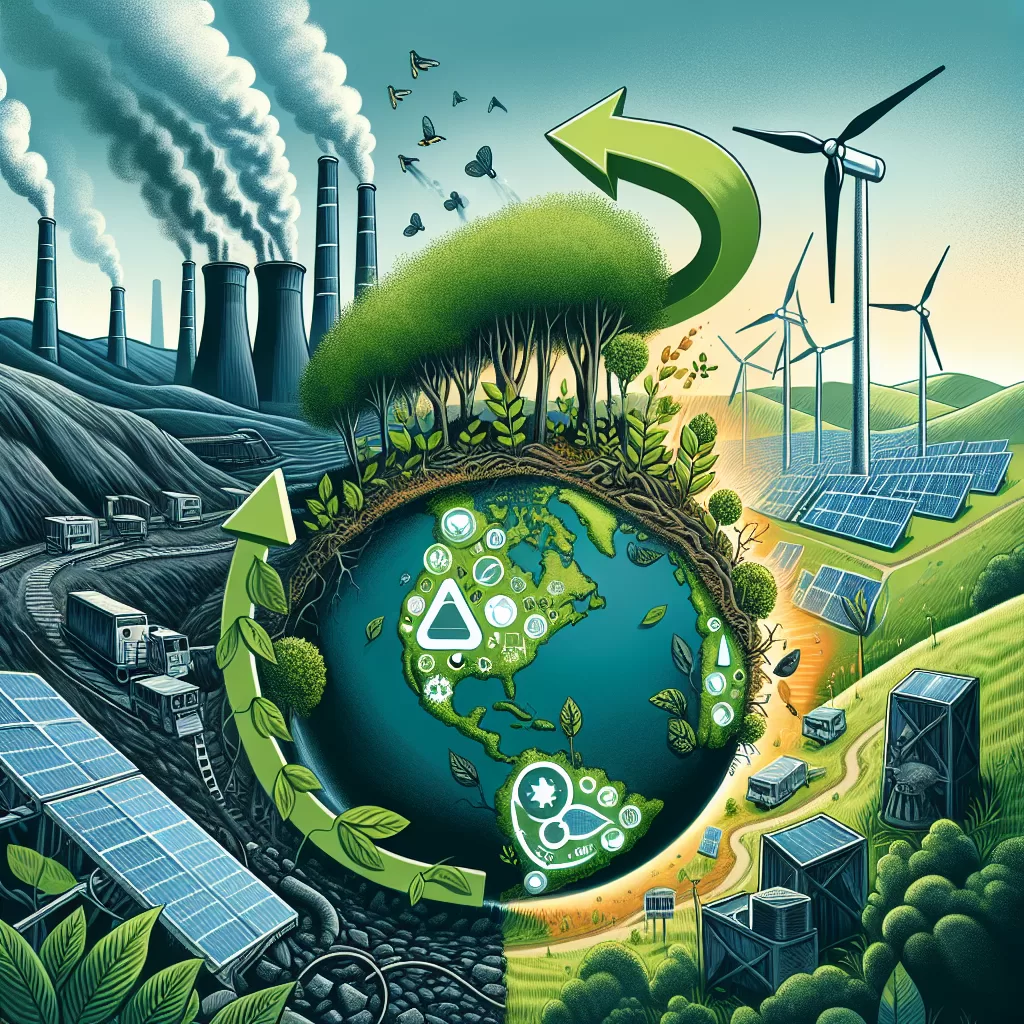Leading the charge are “make polluters pay” laws, championed by attorneys general in blue states. These groundbreaking measures aim to force greenhouse gas emitters to foot the bill for the damages caused by their emissions. Vermont and New York have already enacted such laws, while a growing number of states, including Maryland, New Jersey, Massachusetts, and Rhode Island, are considering similar legislation.
Known as “climate superfund” acts, these laws draw inspiration from the Environmental Protection Agency’s (EPA) Superfund program. By holding polluters financially responsible, they seek to address the devastating impacts of climate disasters exacerbated by fossil fuel emissions.
However, this bold move has not gone unchallenged. The fossil fuel industry and Republican-led states have mounted legal challenges, seeking to overturn these accountability measures. In a recent lawsuit, 22 states and two oil trade groups aimed to block New York’s climate superfund law, arguing that the state lacks the authority to regulate emissions.
Despite the pushback, activists remain undeterred. Jamie Henn, director of Fossil Free Media, believes that Trump’s re-election has “turbocharged” the climate accountability movement. “People are really latching onto this message and this approach right now,” he said, noting the widespread public support for holding polluters accountable.
Beyond legal avenues, climate accountability efforts are gaining traction through litigation. States and municipalities have filed over 30 lawsuits against fossil fuel companies, accusing them of concealing the climate risks associated with their products. As Trump’s pro-fossil fuel policies exacerbate the climate crisis, experts predict an uptick in such litigation.
Youth-led challenges are also emerging as a powerful force. Organizations like Our Children’s Trust are spearheading lawsuits against state and federal agencies, asserting that pro-fossil fuel policies violate the constitutional rights of younger generations to a livable environment.
While the path ahead is arduous, the momentum behind climate accountability efforts is undeniable. As communities grapple with the escalating consequences of climate change, the demand for polluters to take responsibility is growing louder.
“As communities grapple with the increasingly devastating consequences of big oil’s decades-long deception, the need for accountability is greater than ever,” said Alyssa Johl, vice-president and general counsel of the Center for Climate Integrity.
As the battle lines are drawn, the collective resolve to confront the climate crisis and hold polluters accountable continues to strengthen, setting the stage for a pivotal chapter in the fight for environmental justice.
Tags: #ClimateChange #ClimateLitigation #MakePolluterspay #FossilFuelAccountability #EnvironmentalJustice #YouthActivism #ClimatePolicy

